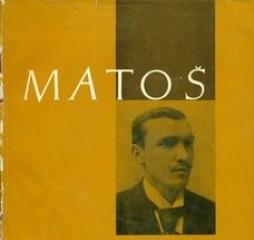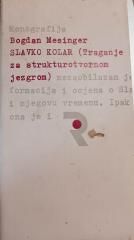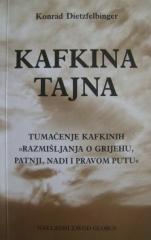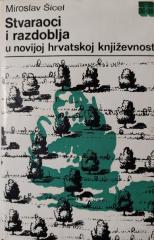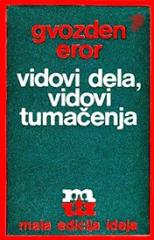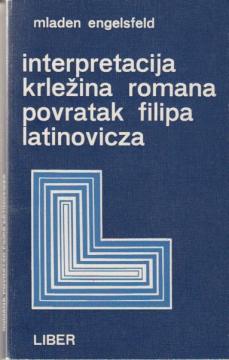
Interpretacija Krležina romana Povratak Filipa Latinovicza
Der Autor nähert sich dem Werk durch das Prisma der archetypischen Kritik und betrachtet es als ein Werk, das tiefe existenzielle Themen durch eine introspektive Erzähl- und Symbolstruktur untersucht, was es zu einem der Schlüsselromane der kroatischen mo
Engelsfeld weist darauf hin, dass Filips Individuationsprozess von seiner antithetischen Weltsicht geprägt ist, in der sich Rationalität und Emotionalität, Bewusstsein und Unbewusstes gegenüberstehen. Filips introspektive Suche nach sich selbst führt ihn durch die Analyse seiner eigenen Traumata, Erinnerungen und seiner Beziehung zu seiner Mutter, die eine tiefere existenzielle Krise symbolisiert.
Der Roman behandelt auch die Frage nach Identität und Zugehörigkeit, wobei Filips Rückkehr einen Versuch darstellt, sich mit seiner eigenen Vergangenheit und seinem kulturellen Erbe zu versöhnen. Engelsfeld verbindet dieses Motiv mit Themen aus Krležas Kurzgeschichten, wie beispielsweise „Teufelsinsel“, die ähnliche Probleme der Identität und des Lebenssinns behandeln.
Engelsfelds Analyse betont zudem die symbolische Dimension des Romans, in dem Figuren und Ereignisse als archetypische Muster interpretiert werden, die universelle menschliche Dilemmata widerspiegeln. Filips künstlerische Krise und seine Unfähigkeit, etwas zu schaffen, werden zu einer Metapher für die umfassendere spirituelle und kulturelle Krise des modernen Menschen.
Jedan primerak je u ponudi
- Mit Bleistift unterstrichen
